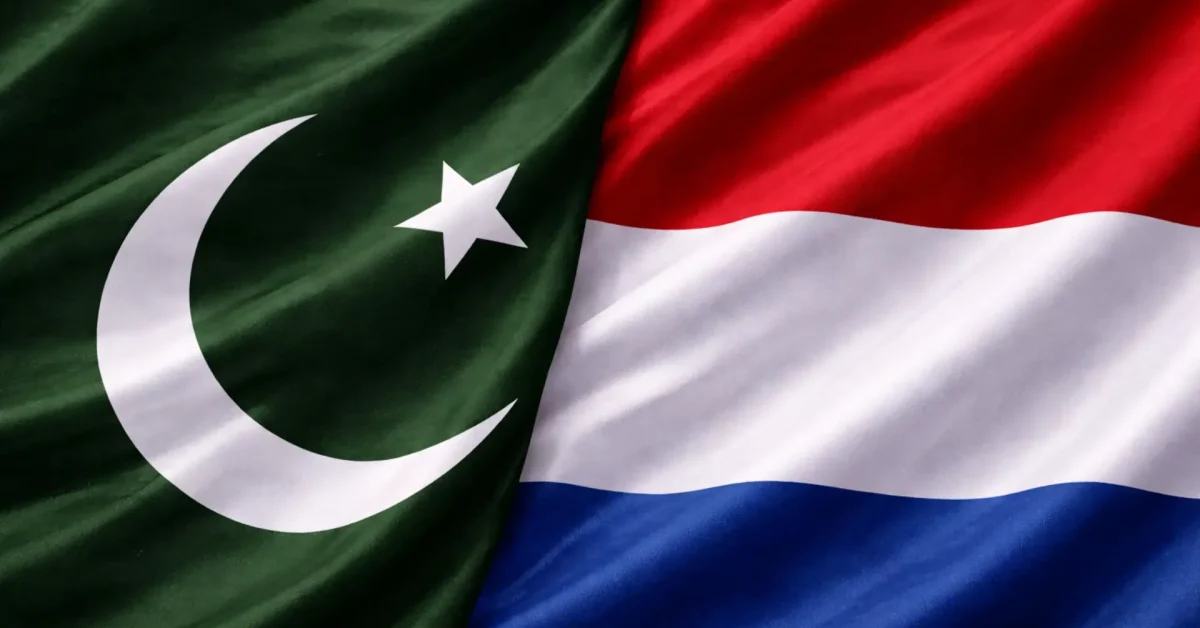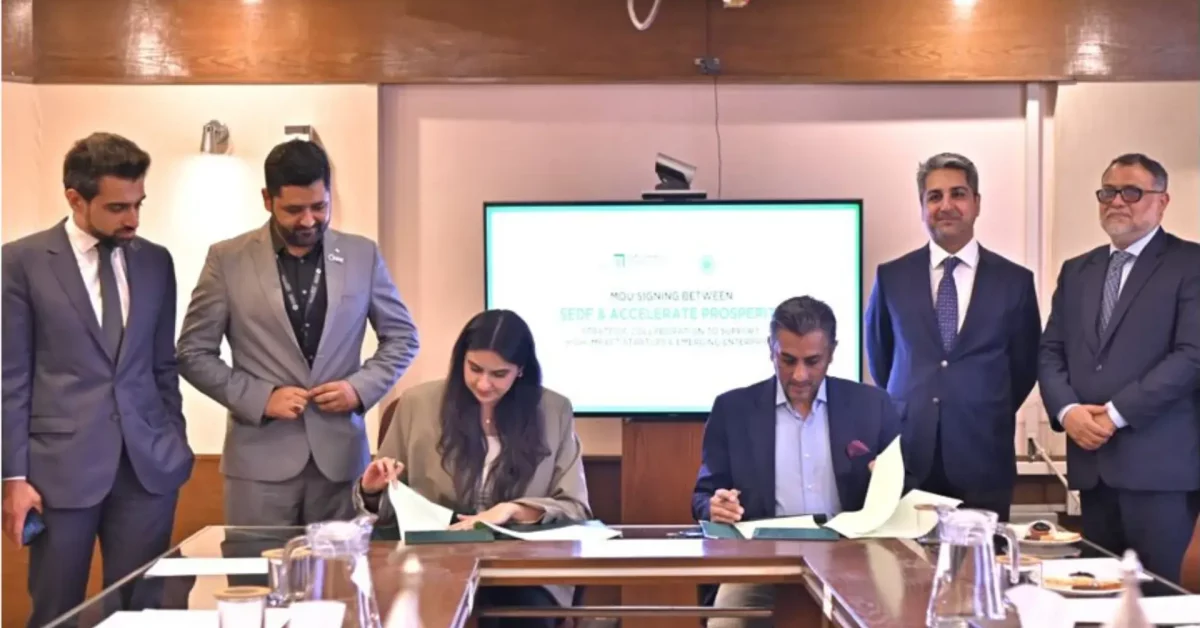Pakistan, Denmark Sign Loan Deal for Faisalabad WWTP
September 20, 2025Pakistan Launches Competitive Power Market Reform
September 21, 2025Pakistan’s 2025 Foreign Investment Playbook: Who We Met and What We Gained
Pakistan’s 2025 investment campaign focused on a few clear goals. Bring capital. Lock in projects that create jobs. Secure technology and critical minerals. Below is a concise, evidence-based playbook of who Pakistan met, what was signed, and what it changes for investors and the economy.
Pakistan sealed or formalized multi-party deals and MoUs across digital, infrastructure, minerals, and strategic cooperation. These are concrete commitments that point to near-term project pipelines and investor interest in energy, logistics, mining, and digital FDI.
Digital FDI Forum, Islamabad
The Digital Foreign Direct Investment Forum in Islamabad on April 29 and 30, 2025 put tech and digital services at the center of Pakistan’s pitch to global investors. The forum produced B2B meetings, follow-up pipelines for digital projects, and clearer messaging about incentives for tech FDI. This positions Pakistan to compete for software exports, outsourcing contracts, and cloud investments.
Azerbaijan: a headline pledge and targeted capital
Azerbaijan announced a $2 billion investment package with Pakistan. The pledge focuses on energy, trade logistics, and bilateral infrastructure links. That size of commitment signals strategic bilateral depth and opens new corridors for energy and trade finance.
China: CPEC related MoUs and project-level commitment
China and Pakistan signed multiple memoranda and joint ventures associated with an expanded CPEC agenda, reported at roughly $8.5 billion in value. The agreements emphasize infrastructure, energy, and industrial capacity. For investors this means renewed activity on large-scale projects, contractor demand, and supply chain opportunities tied to Chinese financing and execution.
United States partners: strategic minerals and logistics
Pakistan signed a roughly $500 million MoU with US Strategic Metals and a logistics partnership with Mota-Engil to develop critical minerals and processing capacity. That moves Pakistan up the value chain from raw extraction toward midstream processing and exportable mineral products. For foreign investors this is a signal that Pakistan is opening mining and downstream processing to credible global partners.
Strategic and geopolitical moves that unlock investment
Pakistan’s leadership attended the SCO Heads of State Summit and related B2B meetings, reinforcing regional cooperation and trade linkages that matter to investors looking for scale and regional markets. Separately, Pakistan and Saudi Arabia signed a strategic mutual defense agreement, which has economic side effects. Defense and security pacts reduce geopolitical tail risk for certain inflows and can unlock defense related industrial cooperation and financing.
What sectors to watch now
- Energy and infrastructure. Chinese and Azerbaijani commitments revive large project pipelines.
- Mining and minerals processing. New MoUs aim at turning Pakistan into a regional supplier of processed strategic minerals.
- Digital services and SaaS. The DFDI Forum created immediate follow ups for cloud, outsourcing, and tech services exports.
- Logistics and trade corridors. Agreements and summit diplomacy reinforce corridor investments and port logistics demand.
Bottom line
Pakistan’s 2025 outreach produced measurable commitments across digital, energy, mining, and strategic cooperation. These are real openings for investors who do structured due diligence and prioritize projects with clear execution plans. Monitor each MoU to see which convert to contracts. That conversion is where value is created.





